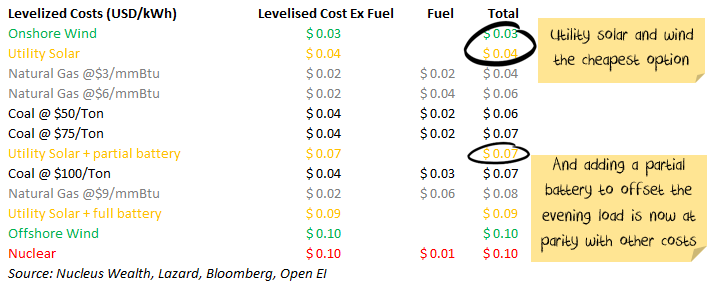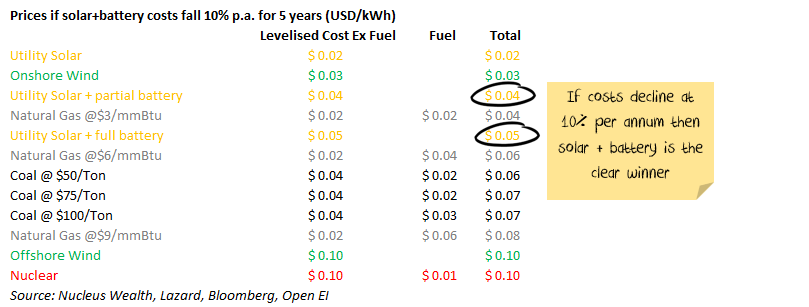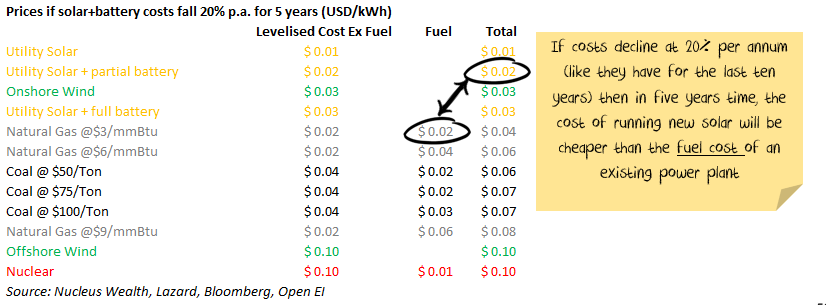Sadly, yes, at Domain:
Prime Minister Scott Morrison’s push to deliver 1000 megawatts of new gas-fired power capacity into the nation’s main energy grid could discourage investment in battery technology, imperil the clean energy transition and risk financial losses for the taxpayer-backed Snowy Hydro scheme.
Experts and industry insiders told The Sydney Morning Herald and The Age the independent Australian Energy Market Operator (AEMO) had not forecast any shortfall in dispatchable energy (power that can crank up quickly to fill gaps in the electricity grid).
“There is little need for peaking power in the National Electricity Market until 2030, and no need for baseload gas fired power,” said Matthew Rennie, strategy partner with EY Port Jackson Partners.
“Subsidising excess gas-fired capacity in the market would substantially dampen the investment signals for battery and other new energy technologies, which will not be able to price their services to the market efficiently.”
Not could, will. And renewable storage power is already cheaper than gas-fired power at $10Gj:
And will soon be MUCH cheaper:
That’s the price we pay for a corrupt government. Your power bill is now a direct subsidy to fossil-fuel power because the gas cartel owns the government.
All I can say is, get off-grid as soon as you can.




